How You can Help
Save the Bees
If you care about honey bees and other pollinators, check out our list of things you can do to help save the bees.
Things you can do to help save the bees:
Minimize the use of Insecticides
Yes, even those household sprays intended to kill ants and roaches can be harmful to honey bees and other pollinators.
If you must use bug-killing sprays, wasp sprays, or other insecticides, use them after dark when any bees in your area are safely in their hives. Consider instead using traps or baits that limit exposure and target harmful insects.
Not every winged insect is going to sting you; many are beneficial. Please don’t use insecticides indiscriminately.
Bee-friendly landscapes
Grow plants pollinators love
Plant flowering trees, bushes, shrubs, annuals and perennials that bees, butterflies and other pollinators love.
Not only will these beautify your landscape, they can provide food and shelter to a wide range of beneficial insects. For best results, look for plants native to your area.
Turn your lawn into a meadow
Plant wildflowers or let the weeds roam free
The perfect lawn is far from perfect for bees and other pollinators, while a multi-species meadow benefits pollinators and may also attract more songbirds. Meadows also require less mowing and chemicals.
Weeds and wildflowers help feed the bees. Dandelions are one of the earliest sources of food for honey bees while goldenrod is one of plants they visit late in the fall.
Avoid introducing non-native and invasive species that may upset the balance of nature or choke out native plants. Ask your local farm store, general store, or nursery for native seed mixes, perennials and annuals.


Farmers and homesteaders:
Let cover crops and alfalfa bloom
If you plant cover crops while your fields lay fallow, letting them bloom can benefit bees. Alfalfa is also an excellent source of nectar and pollen.
If you are concerned about these crops going to seed, just cut hay, mow or plow them under as the blooms start to fade but before the seeds fully develop.
When it comes to honey bees, the more the merrier!
Consider Becoming a Beekeeper
Bees can get infections and viruses, and their hives can be invaded by everything from beetles and mites to mice and wasps. A good beekeeper provides bees with a safe, comfortable place to live and monitors the hive to help keep the bees healthy and productive.




Buy local honey
Support your local beekeepers by buying local honey
When you buy honey from the people who cared for the bees, harvested the honey and bottled it for sale, you can be sure you are buying local honey and supporting a small business. Our members produce honey right here in Western North Carolina.


